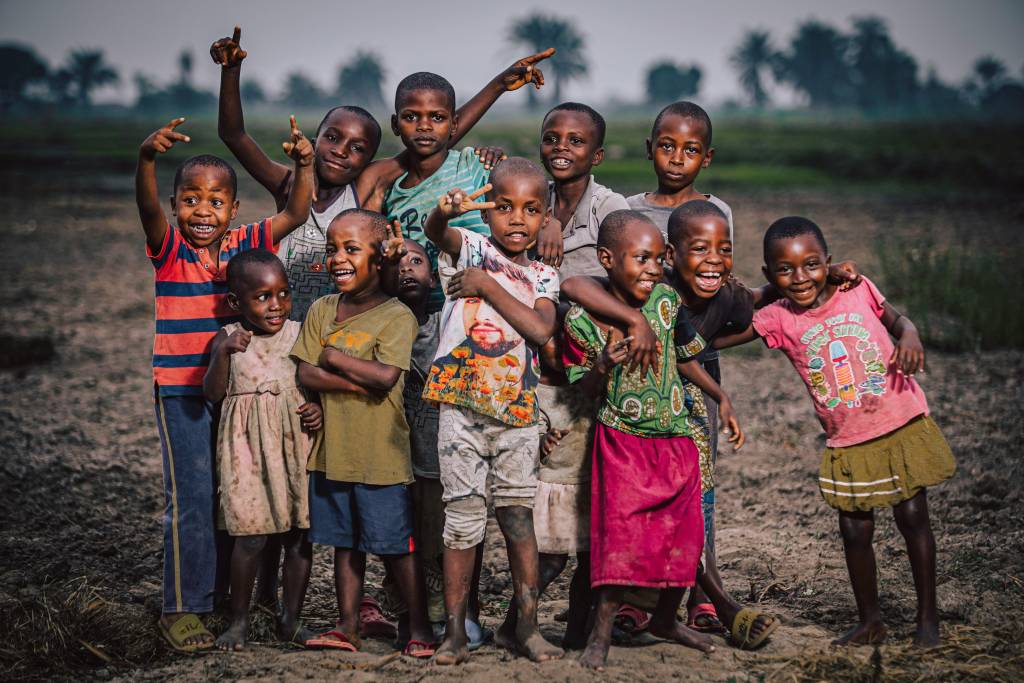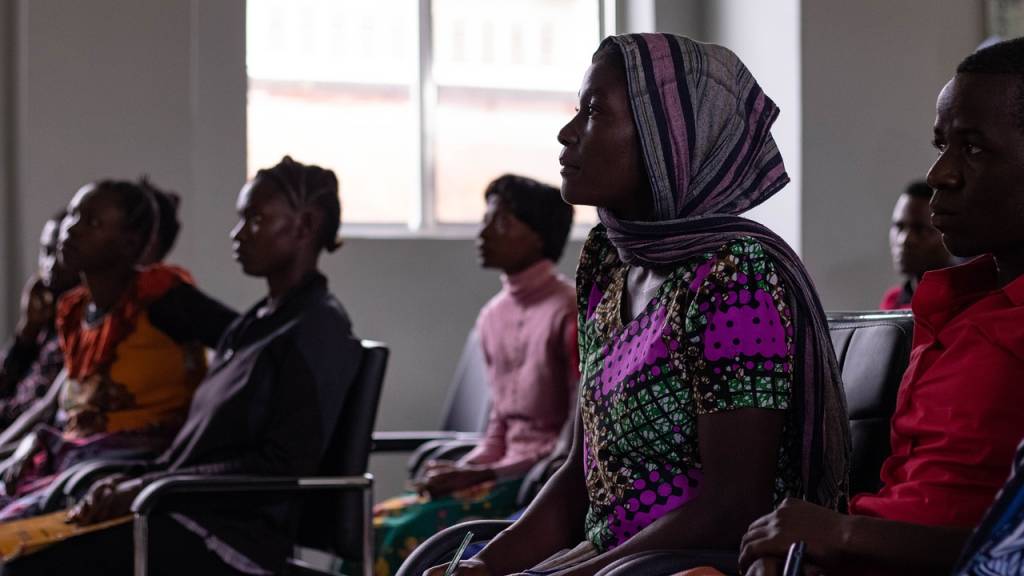Youth and Women’s Participation in Green Economy Transition: A Path to Sustainable Development in West Africa
As West Africa seeks to chart a path toward sustainable development, the transition to a green economy—one that fosters economic growth while protecting environmental resources—has become an urgent priority. In this context, the involvement of youth and women is vital. Representing large demographics in the region, their engagement offers a pathway not only to economic empowerment but also to achieving social equity and environmental sustainability. This article examines recent efforts to involve young people and women in the green economy, reflecting on initiatives such as those led by ECOWAS and UN Women, and explores the roles that civil society organizations (CSOs) can play in mobilizing youth and women to engage in eco-friendly enterprises, technology, and policy advocacy.
Defining the Green Economy and Its Importance
A green economy is one that reduces environmental risks and ecological scarcities while promoting social equity and economic growth. Unlike traditional growth models, it emphasizes sustainable resource management, clean energy, and minimizing environmental impact. For West Africa—a region rich in natural resources but vulnerable to the effects of climate change—transitioning to a green economy is essential for safeguarding its ecosystems and ensuring economic resilience for future generations.
Recent Efforts to Engage Youth and Women in the Green Economy
Youth and women are key drivers of change in West Africa, with the region’s governments and development organizations increasingly recognizing their potential in fostering a sustainable economy. Recent initiatives have focused on capacity-building, entrepreneurship, and policy inclusion, with notable efforts led by ECOWAS and UN Women.
ECOWAS Green Economy Initiatives
The Economic Community of West African States (ECOWAS) has launched multiple programs aimed at integrating young people and women into the green economy. Recognizing the centrality of gender and youth empowerment in sustainable development, ECOWAS promotes green entrepreneurship by offering training programs, microfinancing opportunities, and access to green technologies. Through its partnership with the Global Green Growth Institute (GGGI), ECOWAS has supported initiatives that train young entrepreneurs in renewable energy and waste management, encouraging them to create businesses that benefit both the environment and local communities.
UN Women’s Regional Approach to Green Economy Transition
UN Women, in collaboration with local governments and civil society organizations, has been instrumental in advancing women’s role in the green economy across West Africa. Programs such as the Women’s Entrepreneurship for Sustainable Energy (WESE) initiative provide women with access to training in renewable energy, sustainable agriculture, and eco-friendly business management. Additionally, UN Women’s advocacy efforts emphasize the importance of gender-inclusive policies that enable women to access green economy jobs and leadership roles, fostering a culture of female participation in sustainable development.

The Role of Civil Society in Mobilizing Youth and Women
Civil society organizations (CSOs) are well-positioned to engage and empower youth and women in the green economy. By providing training, resources, and platforms for policy advocacy, CSOs can enable women and young people to become active participants in West Africa’s sustainable development journey. Their contributions can be organized into several key areas:
- Eco-Friendly Business Development: CSOs can support the creation of green businesses by providing technical assistance, mentorship, and financing opportunities to young and female entrepreneurs. By partnering with local communities, CSOs can facilitate the establishment of eco-friendly enterprises in areas such as recycling, sustainable fashion, and organic farming. Such businesses contribute to local economies while promoting environmental conservation.
- Technology and Innovation in Environmental Protection: Youth, especially those with digital skills, are uniquely positioned to lead technological advancements within the green economy. CSOs can support young innovators by offering training in green technologies, such as solar energy, irrigation systems, and digital platforms for sustainable business management. Through competitions and funding initiatives, CSOs can help young people develop innovative solutions that address local environmental challenges and contribute to climate resilience.
- Policy Advocacy and Awareness Campaigns: Civil society organizations can amplify the voices of young people and women in policy discussions, ensuring their representation in green economy frameworks. By organizing workshops, seminars, and campaigns, CSOs can raise awareness about sustainable practices and engage communities in environmental issues. Advocacy efforts can also focus on securing government support for green jobs, educational programs, and incentives for eco-friendly businesses.
Case Studies and Success Stories
Several initiatives in West Africa exemplify the success of youth and women’s engagement in the green economy:
- Nigeria’s Youth Clean Energy Program: This program, run by the Nigerian government in partnership with local CSOs, trains young entrepreneurs in clean energy production, including solar installation and maintenance. Many participants have gone on to establish their businesses, providing clean energy solutions to underserved communities while creating jobs and reducing carbon emissions.
- Ghana’s Women in Waste Recycling Initiative: Spearheaded by local CSOs and supported by UN Women, this initiative trains women in waste management and recycling, providing them with business skills and access to markets for recycled products. The program has not only improved waste management in Ghana but also created employment opportunities for women, contributing to local economies and environmental protection.
These examples highlight the potential of targeted programs to empower youth and women, enabling them to contribute meaningfully to a sustainable economy while addressing critical social and environmental needs.

Challenges and the Way Forward
Despite the potential of youth and women’s participation in the green economy, several challenges remain:
- Financial Barriers: Access to funding remains a significant barrier for women and young entrepreneurs in the green economy. Financing eco-friendly startups and technologies often requires substantial capital, which many lack. Creating more accessible funding mechanisms, such as microcredit and venture capital tailored to green projects, is essential.
- Limited Access to Green Technology and Training: In rural areas, lack of access to training and green technologies hampers the engagement of youth and women. Expanding training programs and improving access to eco-friendly technologies can help overcome this barrier, making it easier for these groups to enter the green economy.
- Policy Gaps: Although there is increasing support for the green economy, many countries in West Africa still lack comprehensive policies to support youth and women in this sector. Policymakers need to integrate gender and youth considerations into national green economy strategies, providing incentives for sustainable business and promoting green job creation.
Conclusion
The participation of youth and women in West Africa’s green economy transition is crucial to achieving sustainable development. Efforts by ECOWAS, UN Women, and civil society organizations demonstrate the potential of these groups to drive change, creating economic opportunities and fostering environmental stewardship. However, further policy support, financing solutions, and access to green technologies are needed to unlock the full potential of youth and women as agents of sustainable development.
By investing in programs and policies that promote eco-friendly business development, technological innovation, and policy advocacy, West Africa can ensure that its green economy transition is inclusive and effective. The active engagement of young people and women will be vital to building a resilient and equitable future—one that supports economic growth, social equity, and environmental protection for generations to come.

Comments